The Generational African American Students Association (GAASA) was created in 2019 to foster community and raise awareness on issues pertaining to the heinous legacy of slavery in the United States. The Generational African American identity represents descendants of enslaved Africans in America, and our organization supports and celebrates the culture and identity of students who are represented by this identity.
Our Board
-
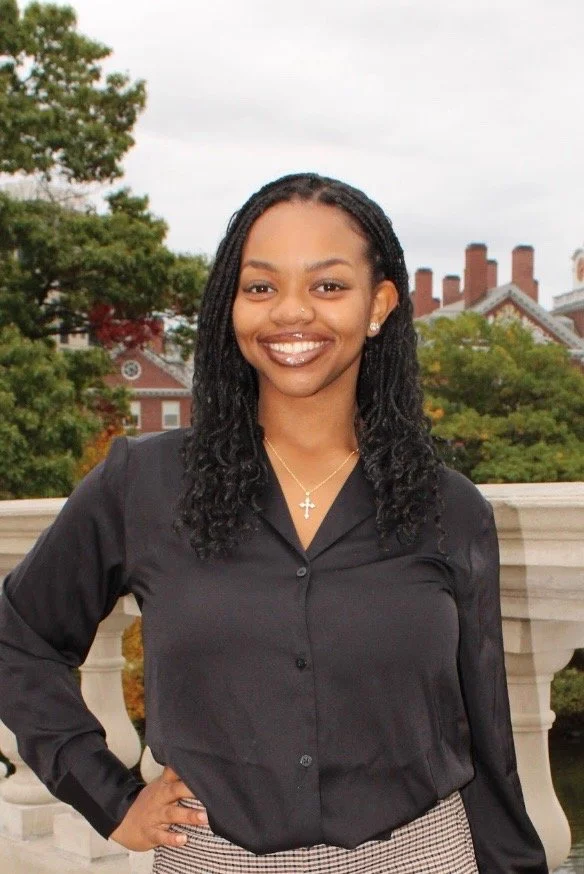
Marissa Strong
President
Class of ‘27
Government and Sociology
Adams House
Loudoun, VA
-
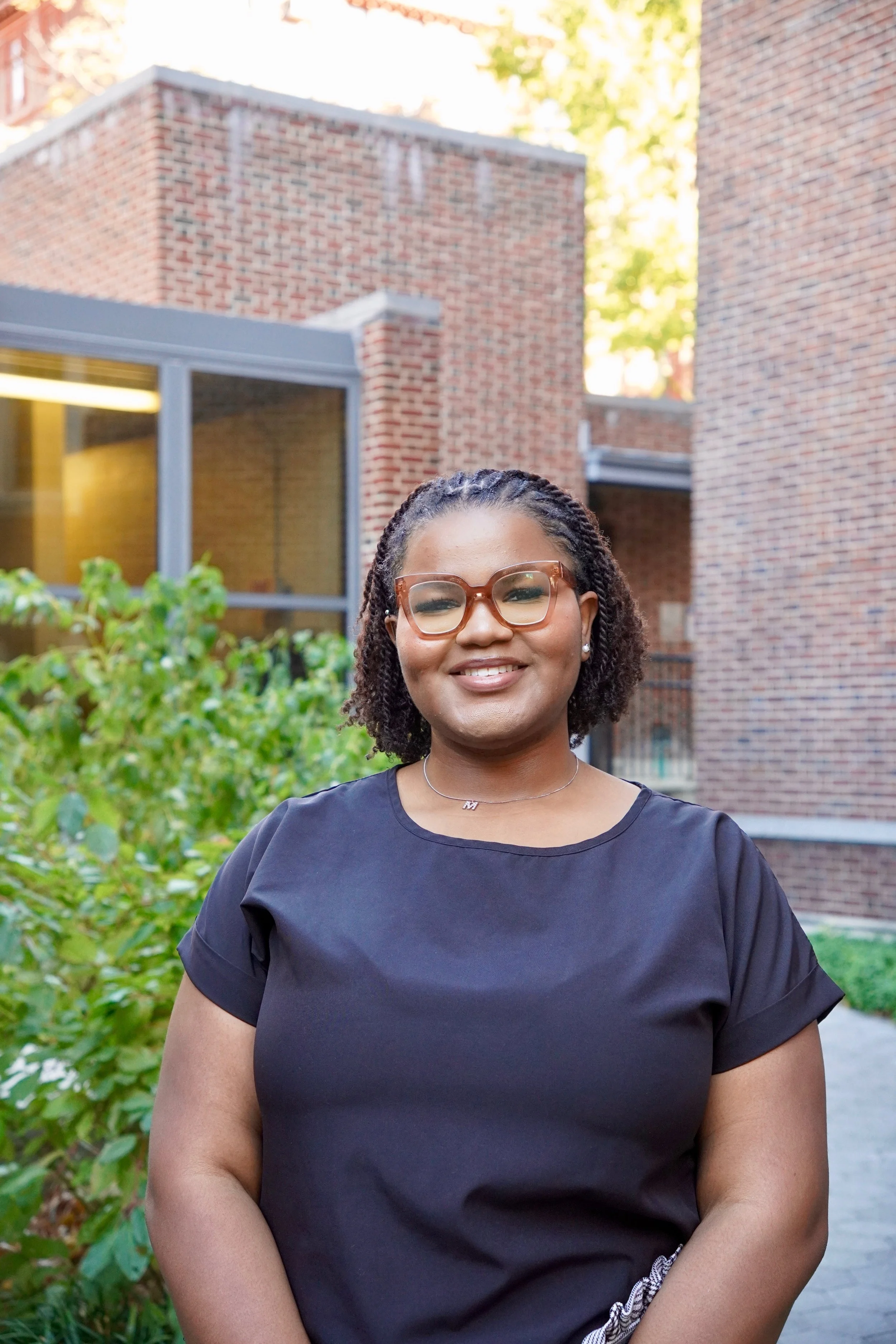
Monae Stancil
Vice President
Class of ‘27
Sociology and African American Studies
Adams House
Washington, D.C.
-
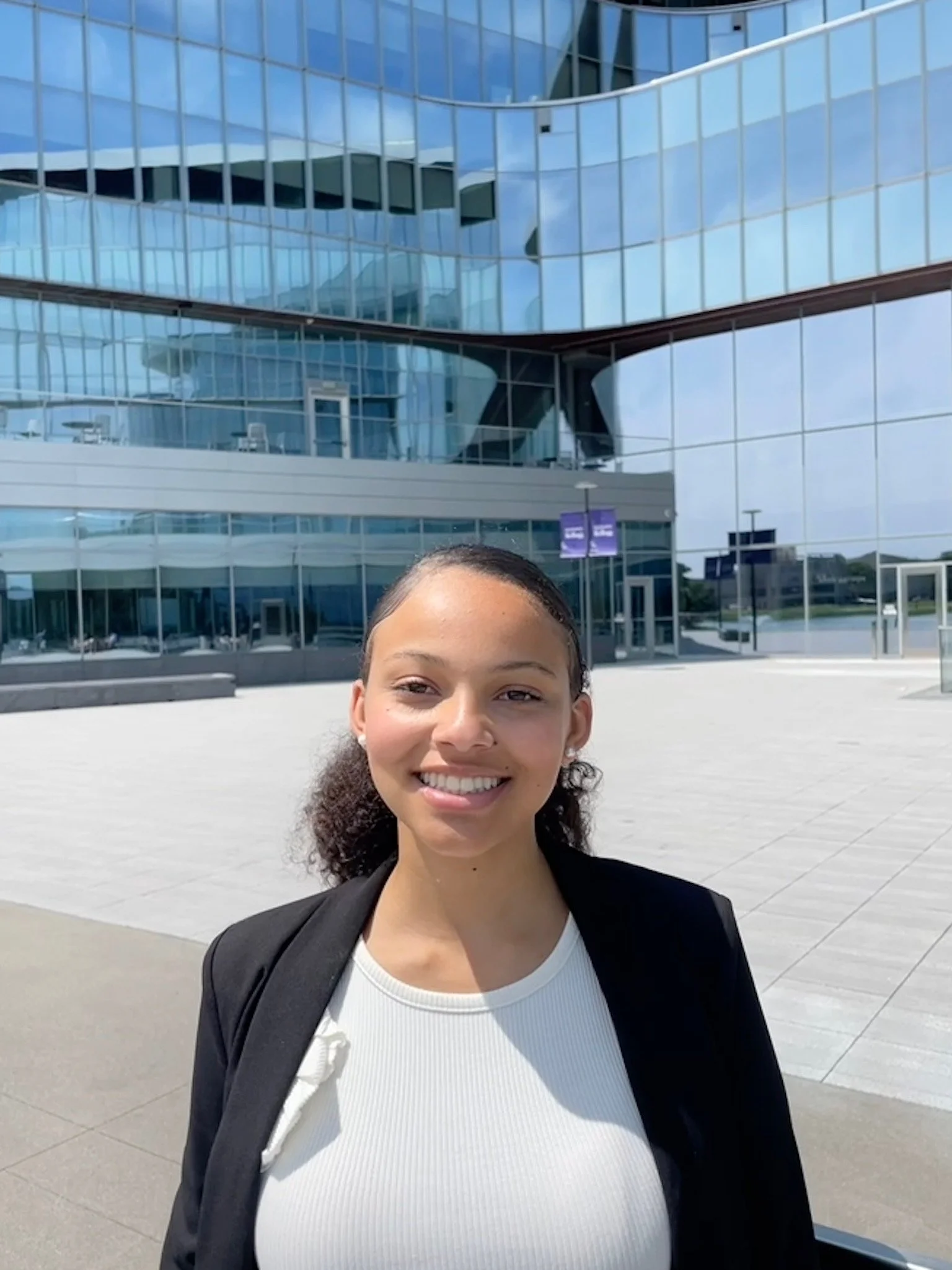
Brooke Augustine
Treasurer
Class of ‘28
Economics and Computer Science
Winthrop House
PG County, MD
-

Sa'maia Evans
Secretary
Class of ‘27
Social Studies and African American Studies
Adams House
West Bend, WI
-
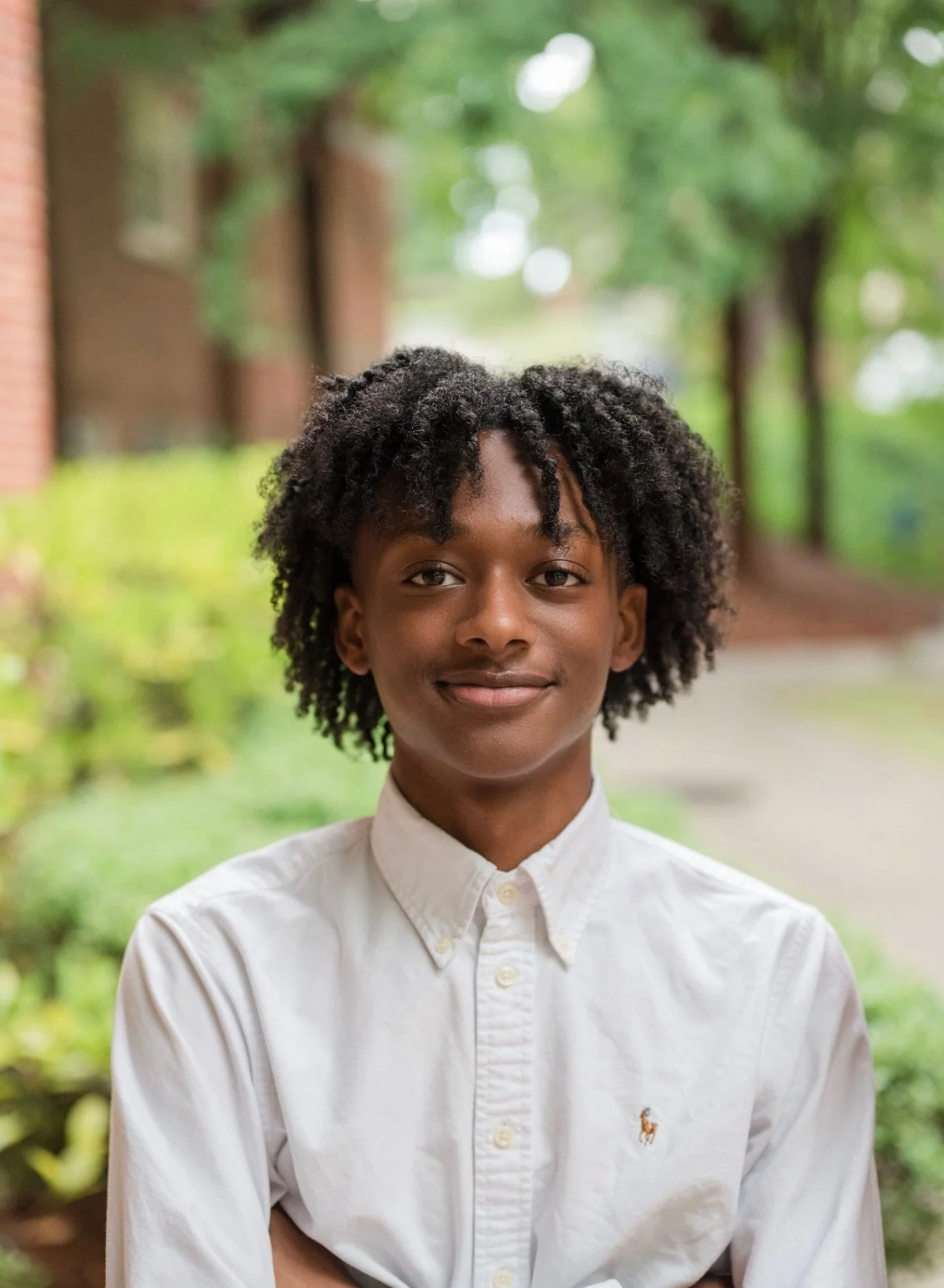
Jacari Dillard
Events Chair
Class of ‘28
Computer Science and African American Studies
Lowell House
Birmingham, AL
-
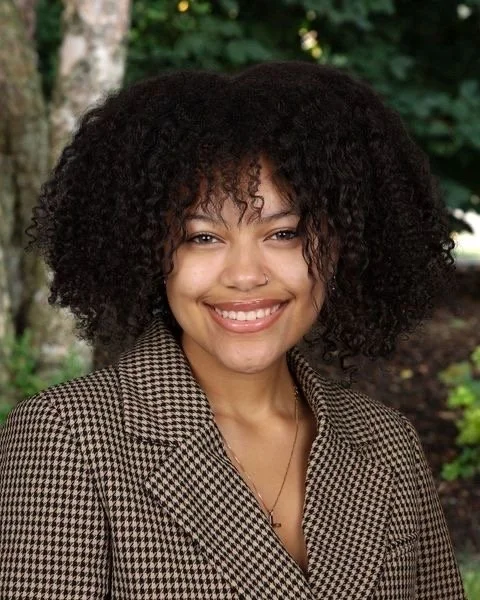
Sandra Smith Johnson
Social Chair
Class of ‘28
History of Science and Chemistry
Mather House
Detroit, MI
-

Dre'Shon Jackson
Social Chair
Class of ‘28
Government
Mather House
Florence, SC
-
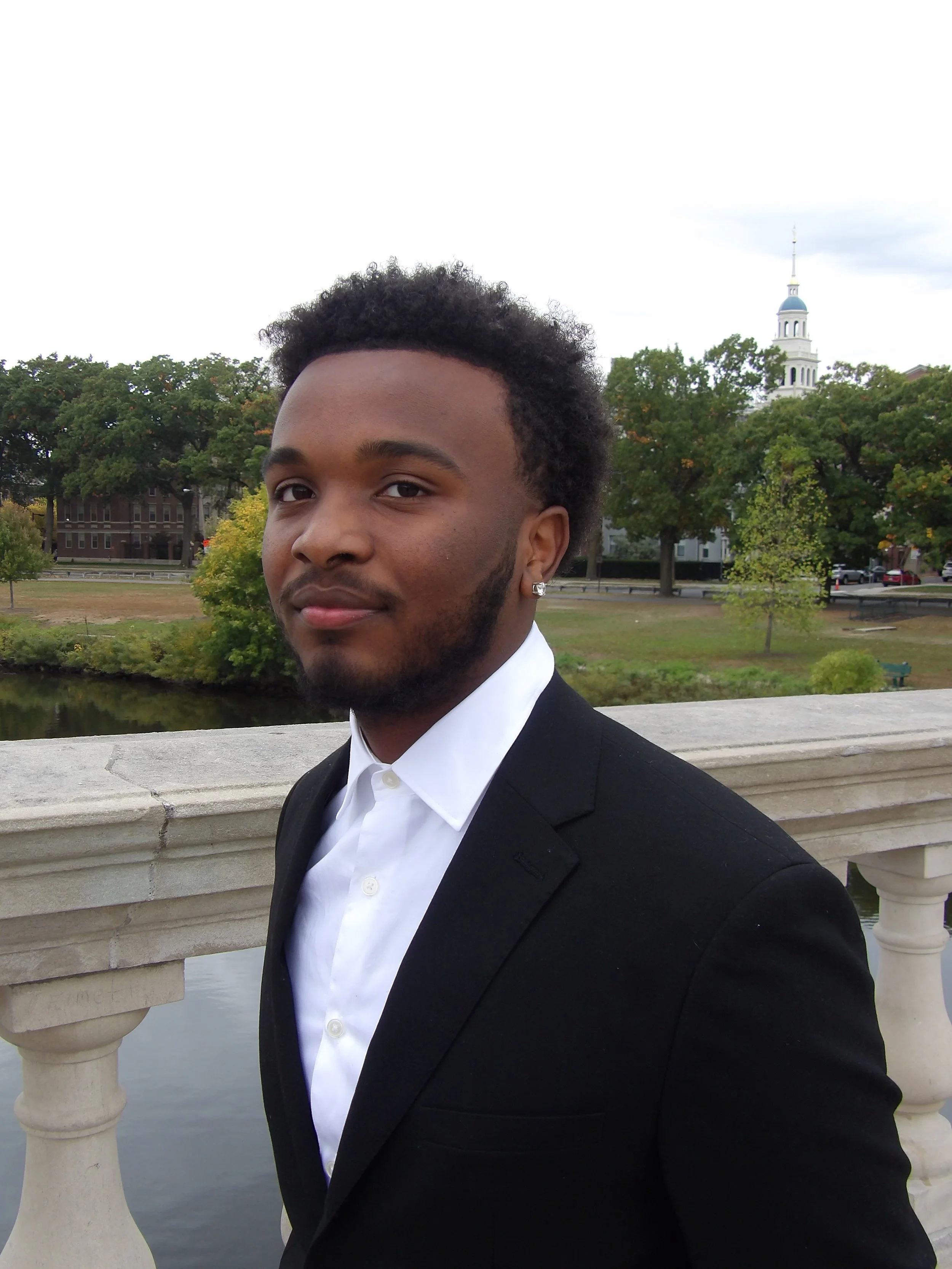
Bryce Freeman
Political Action Chair
Class of ‘28
Government and Sociology
Lowell House
Washington, D.C.
-

Trinity Gant
Publicity Chair
Class of ‘28
HDRB
Currier House
Eufaula, AL
-
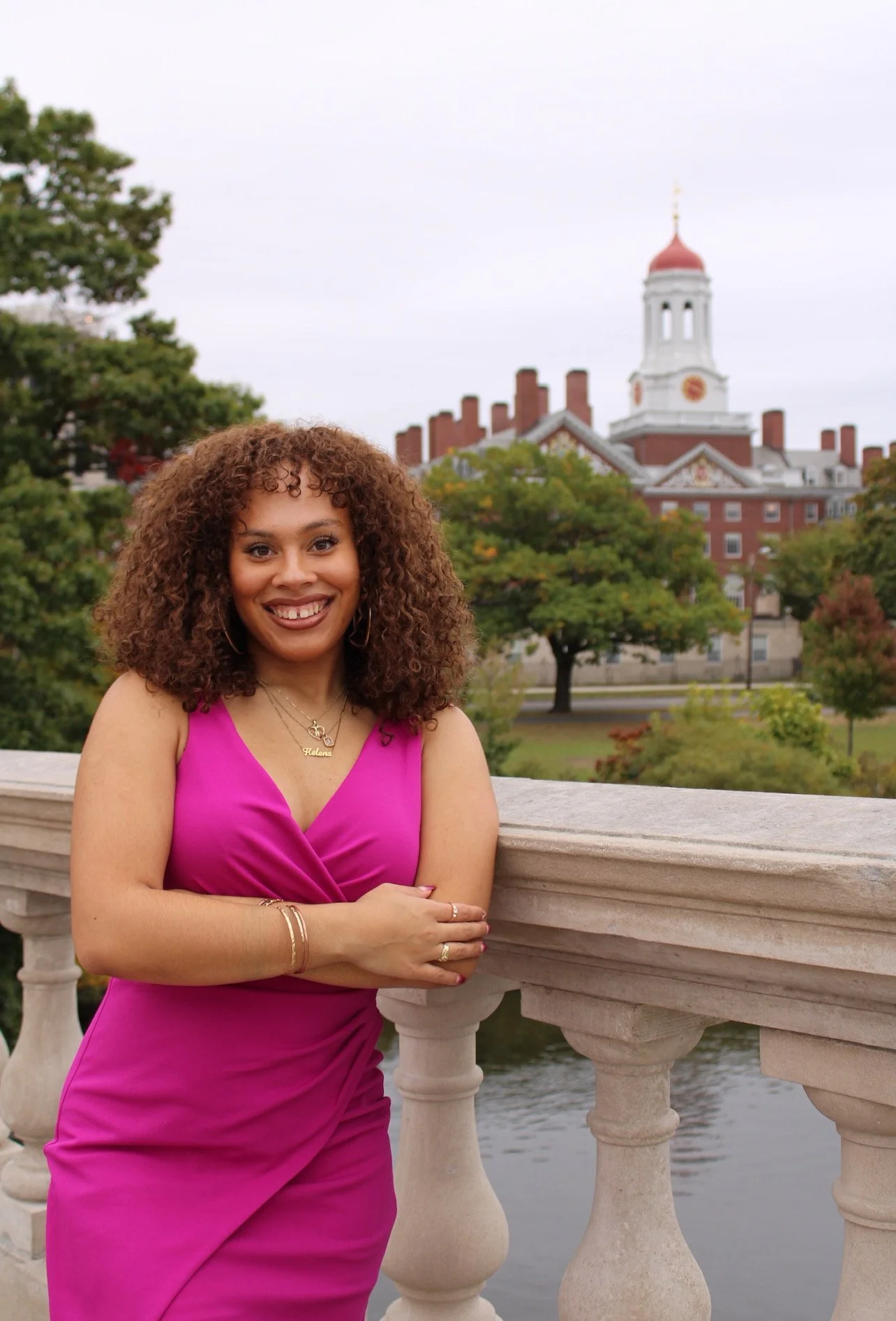
Helena Jackson
Inclusivity Chair
Class of ‘27
Physics
Mather House
Manchester, NH
-
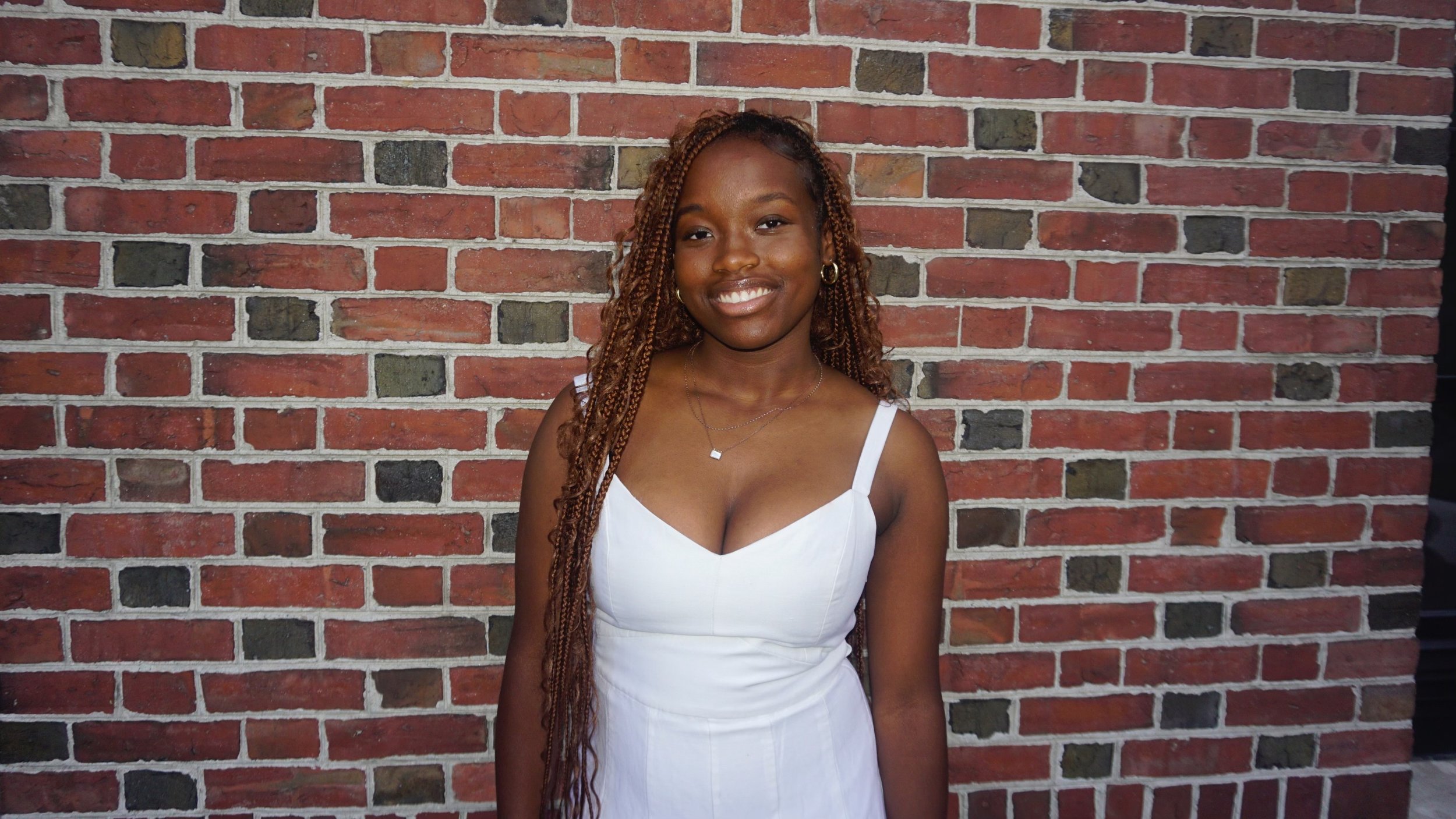
Sophia Young
Development Chair
Class of ‘28
Economics and Sociology
Lowell House
Cambridge, MA
-

Allison Hunter
Senior Representative
Class of ‘26
Government and African American Studies
Kirkland House
Atlanta, GA
-
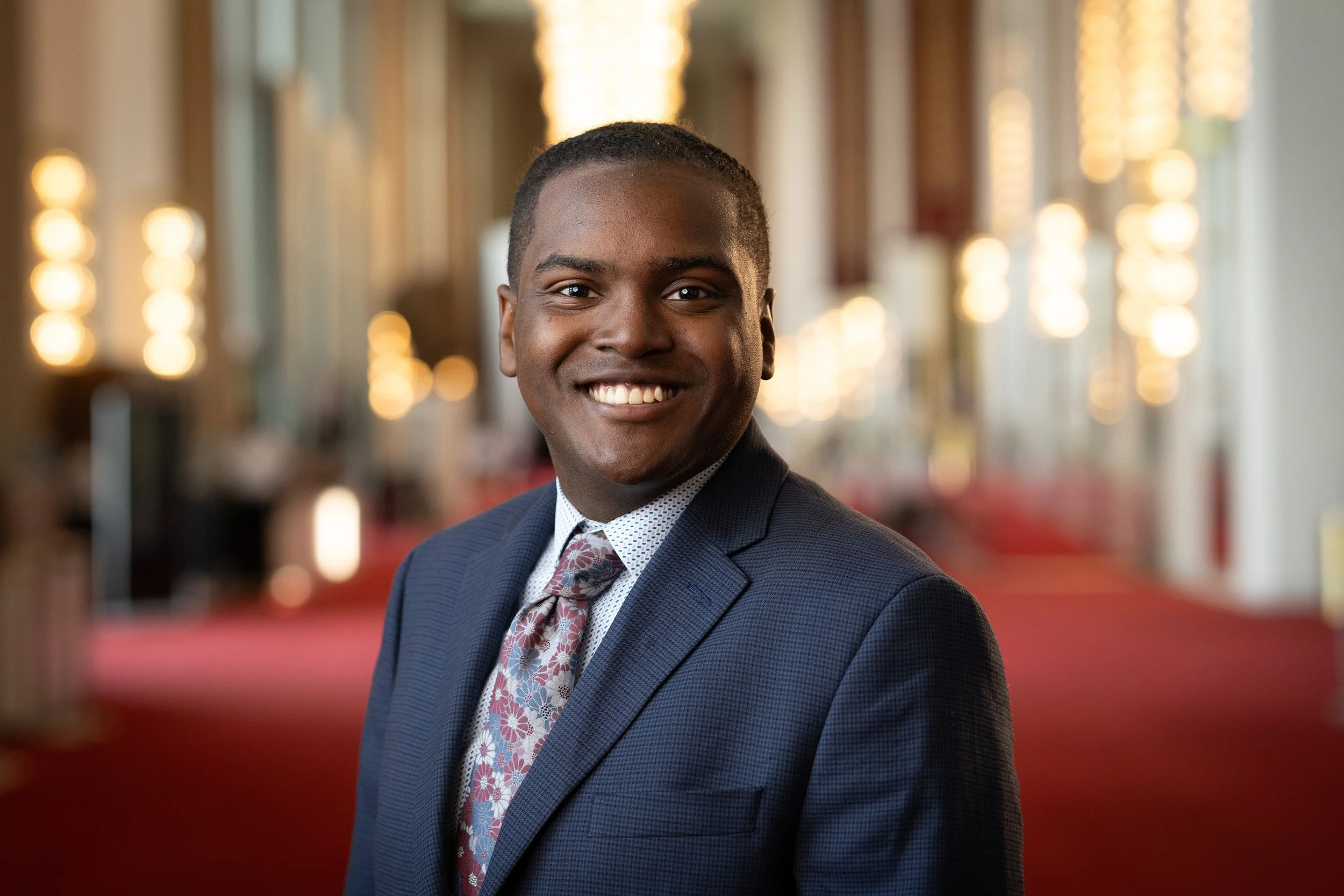
Gabriel Brock
Senior Representative
Class of ‘26
Government and African American Studies
Winthrop House
Houston, TX
GAASA’s Founding Year
The story goes that one of GAASA’s co-founders sent a mass email to the Black email lists titled “Calling all Black American Identifying Folk!”, advertising that there was going to be a new affinity space coming soon for those who did not feel represented by the existing Black organizations. Several prominent Black student organizations at Harvard have been around for years, including the Nigerian Students Association – one of the most prominent organizations – which was established in 2004. The Harvard Caribbean Club was founded in 1978, with the Black Students Association being founded one year before that.
What began as informal dinners in Winthrop House, eventually blossomed into what we know today as GAASA. One of the first events that GAASA threw was called Spades and Slades, named after a popular soul food restaurant in Downtown Boston. Many Black students at Harvard did not know how to play spades, so the co-founders felt it was important to teach this, especially given its significance in Generational African American culture.
The Generational African American Students Association (GAASA) was founded in the fall semester of the 2019-2020 academic year on the campus of Harvard University. The founders are Alexa Brown ‘20, Kaya Bos ‘21, and Samantha O’Sullivan ‘22.
Professor Henry Louis Gates, Jr. has been one of GAASA’s advisors from the very beginning in 2019. He was helpful to the founders in getting off the ground and crafting the Constitution, as well as the pillars and mission statement. Although, along with other Generational African Americans, Gates was skeptical about the need for an organization like GAASA. He thought that it would result in even more divisiveness in the Black community, at a time when schools like Cornell had already seen tensions between Generational African Americans and other parts of the Black diaspora boil over.
GAASA began to chart out its course. The co-founders also felt it was important to raise awareness for the heinous legacy of slavery and to foster activism around African American culture. They partnered with Tamara Lanier, the Harvard Coalition to Free Rent, and renowned attorney Benjamin Crump to raise awareness of the fact that Harvard had in its possession images of enslaved Africans in America. Community and activism were the two guiding lights for GAASA and are what helped the organization remain intact for what was to come.
When March of 2020 came around, and Harvard became the first university to send students home due to the Covid-19 pandemic, student organizations had to quickly adapt to virtual programming and member engagement. Online messaging platforms skyrocketed in use, sadly to the detriment of Generational African Americans. In April 2020, a group of students in the Black community began an online conversation about the hierarchy of Black students at Harvard. Some felt that Generational African Americans were at the very bottom, while others felt that Black immigrants were treated the worst. Hours of arguments turned into days, and ultimately culminated in a virtual community conversation hosted by the Black Community Leaders, where Generational African Americans were continuously disrespected. This conversation about respect for Generational African Americans on campus never went away.








